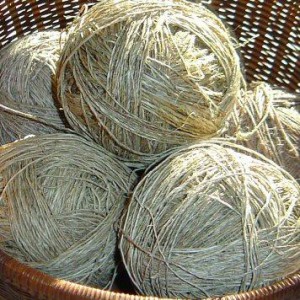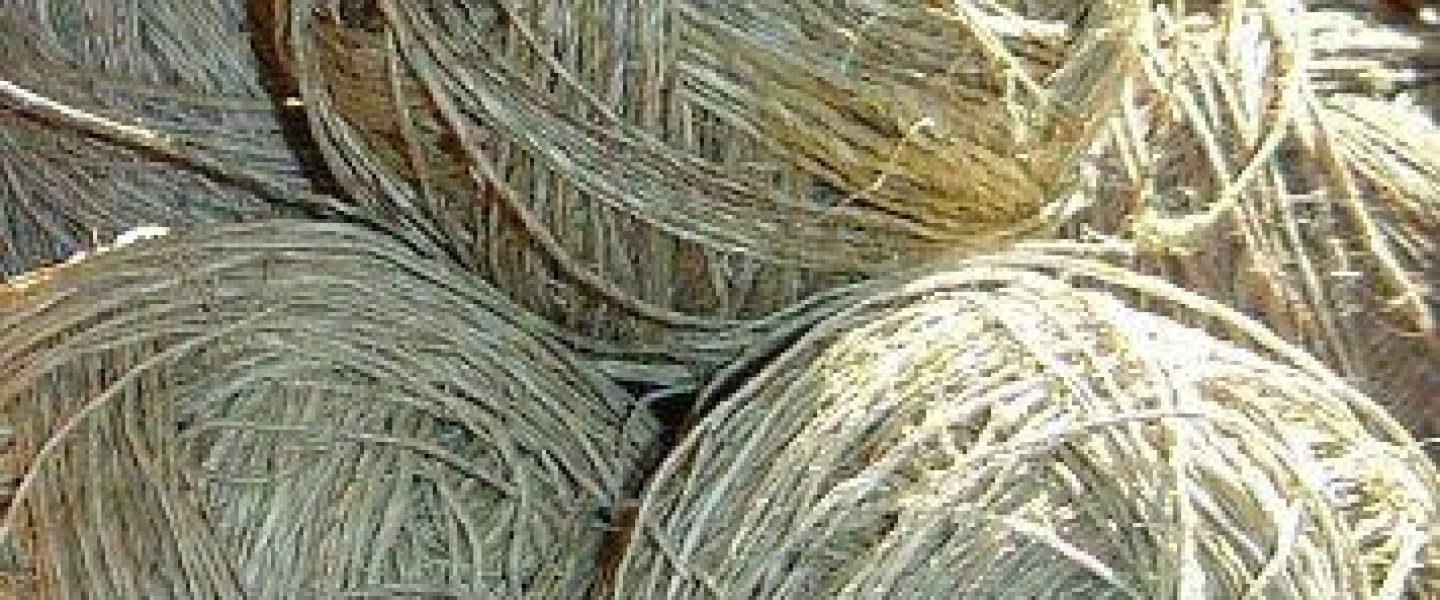 By California Senator Mark Leno
By California Senator Mark Leno
If you like shopping at your local natural foods or specialty grocery store, you’ve probably noticed the growing popularity of hemp as an ingredient in food and skin care products. Hemp seed, which is high in protein and essential fatty acids, is found in everything from bread, energy bars and waffles to coffee and protein powder. Thanks to its natural antioxidants and moisturizing oil, hemp is also a common ingredient in soaps, shampoos and lotions. Perhaps your favorite T-shirt is even made of hemp, which is an excellent alternative to cotton.
Even though most of these consumer products are created by California companies, our farmers are prohibited from growing industrial hemp. Instead of buying hemp from local farmers, local manufacturers are importing thousands of dollars of hemp seed, oil and fiber from growers overseas.
California farmers are missing out on a golden opportunity to tap into the growing industrial hemp products business of food, clothing, shelter, paper and fuel, which would greatly benefit our state’s economy and family farmers. Industrial hemp is a perfect, environmentally sustainable crop for our state. It requires little or no pesticides and herbicides and produces two to four times more fiber than an acre of timber. Hemp grows quickly, can be harvested every 90 days and is a great rotational crop, especially for organic farmers.
Earlier this year I introduced Senate Bill 676, which allows the agricultural production of industrial hemp in California. The bill establishes a five-county pilot project, giving California the ability to build a successful hemp industry in the Central Valley. The counties involved in the pilot project include Imperial, Kern, Kings, San Joaquin and Yolo. SB 676 is sponsored by the Hemp Industries Association and Vote Hemp. It is also supported by individual farmers, the California State Grange, California Certified Organic Farmers (CCOF) and businesses from both California and other states.
 Unlike marijuana, hemp has no psychoactive qualities due to its low levels of tetrahydrocannabinol (THC). Regardless, SB 676 has been carefully crafted to address law enforcement concerns. Farmers that choose to grow industrial hemp must meet minimum acreage requirements and certify that the crop meets established, low-level THC content levels. All hemp growing operations must be for agricultural or research purposes only – no clandestine or backyard cultivation of hemp would be allowed.
Unlike marijuana, hemp has no psychoactive qualities due to its low levels of tetrahydrocannabinol (THC). Regardless, SB 676 has been carefully crafted to address law enforcement concerns. Farmers that choose to grow industrial hemp must meet minimum acreage requirements and certify that the crop meets established, low-level THC content levels. All hemp growing operations must be for agricultural or research purposes only – no clandestine or backyard cultivation of hemp would be allowed.
Hemp farming is not a new concept for California or our nation. In the early 1940s, the U.S. Department of Agriculture promoted the expansion of industrial hemp as a critical crop that could support the war program. Much like today, hemp was used for many purposes at that time, including rope and sails for ships, fire hoses, parachute webbing and threads for shoes. Even our forefathers believed in the great functionality of hemp. Both Thomas Jefferson and George Washington grew hemp and the sails of the Nina, Pinta and Santa Maria were made from industrial hemp, which was legal tender in the U.S. until 1818.
Clearly, it’s time to give this superfood and diverse crop a second chance in California.
SB 676 is similar to bills I introduced in 2005 and 2007, both of which were vetoed by Governor Arnold Schwarzenegger. The new bill recently passed the Senate and will be heard in the Assembly before heading to Governor Jerry Brown’s desk.
Senator Mark Leno represents the Third Senate District of California, which includes portions of San Francisco and Sonoma Counties and all of Marin County. www.senate.ca.gov/Leno








